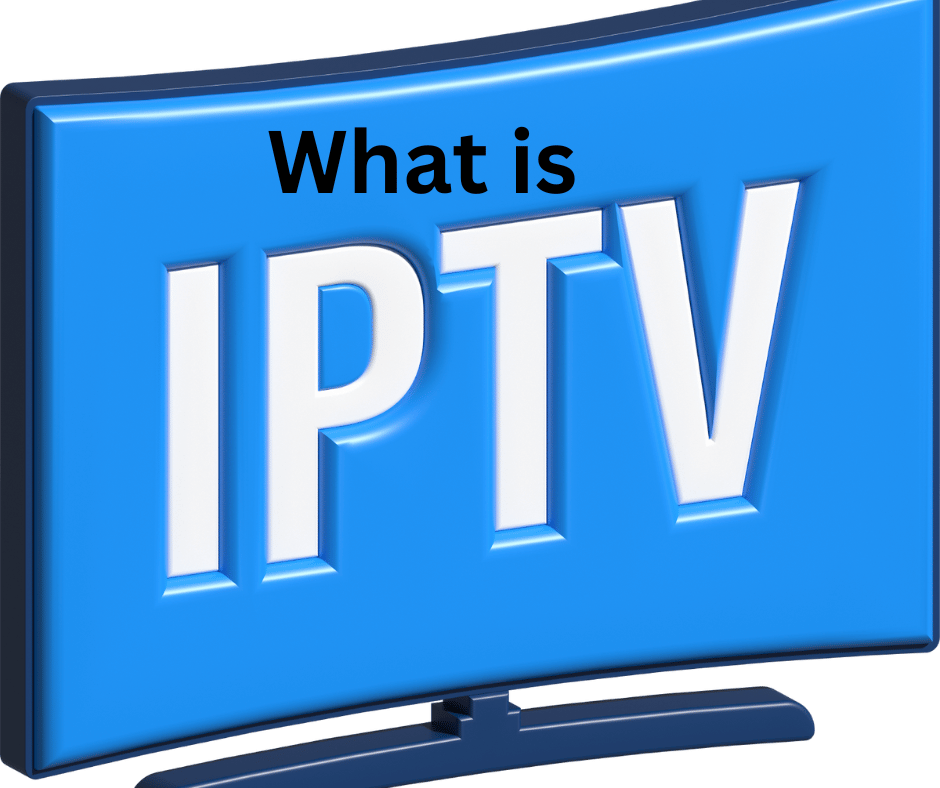Introduction:
In the ever-evolving landscape of entertainment and media consumption, traditional cable and satellite TV services are facing stiff competition from a technology that’s changing the way we watch television: IPTV, or Internet Protocol Television. This innovative technology leverages the power of the internet to deliver a wide range of television content to viewers. In this blog post, we will explore what IPTV is and delve into how it works, shedding light on the mechanics behind this fascinating development in the world of television.
What is IPTV (Internet Protocol Television)?
IPTV, which stands for Internet Protocol Television, is a method of delivering television content using Internet Protocol (IP) networks. Unlike traditional cable or satellite television, where the content is delivered through coaxial cables or satellite signals, IPTV relies on the same protocols that power the internet. Essentially, IPTV takes advantage of your internet connection to transmit television content to your device.
How Does IPTV Work?
Now that we know what IPTV is, let’s delve into how it works. The operation of IPTV can be broken down into a few key components:
1. Content Sources: IPTV providers acquire television content from various sources. This can include live TV broadcasts, on-demand video libraries, and even user-generated content. These sources provide the content that viewers can access through IPTV services.
2. Encoding and Compression: Before the content can be transmitted over the internet, it must be encoded and compressed to reduce its size. This is done to ensure that the data can be efficiently transmitted over the internet without causing buffering or quality issues.
3. IPTV Server: IPTV content is stored on powerful servers, which are responsible for delivering the content to viewers. These servers are equipped with specialized software that manages the content distribution process.
4. Middleware: Middleware serves as the interface between the IPTV server and the user’s device. It manages user authentication, channel lineup, and interactive features such as video-on-demand and electronic program guides.
5. User’s Device: To access IPTV content, viewers use a compatible device, such as a set-top box, a smart TV, a computer, or a mobile device. The device communicates with the middleware to request and receive the desired content.
6. Internet Connection: A stable and sufficiently fast internet connection is crucial for a seamless IPTV experience. The quality of the connection directly impacts the video and audio quality, as well as the speed at which content is delivered.
7. Content Delivery: When a user selects a channel or requests specific content, the IPTV server transmits the data packets over the internet to the user’s device. These data packets are then decoded and displayed on the screen.
Advantages of IPTV:
Now that we’ve explored how IPTV works, let’s highlight some of the advantages it offers:
- Variety of Content: IPTV provides access to a vast array of channels, including international ones, making it appealing to a diverse audience.
- Interactive Features: Users can pause, rewind, and fast forward live TV, as well as access on-demand content and interactive features like electronic program guides.
- Better Quality: IPTV can deliver high-definition and even 4K content, provided you have a suitable internet connection.
- Flexibility: You can watch IPTV on various devices, from TVs to smartphones and tablets, making it convenient for on-the-go viewing.
- No Need for Traditional Antennas: With IPTV, you don’t need traditional antennas or satellite dishes, simplifying installation and reducing clutter.
Conclusion:
IPTV, or Internet Protocol Television, is revolutionizing the way we consume television content. By harnessing the power of the internet, it provides viewers with a wide range of channels, interactive features, and the flexibility to watch on different devices. Understanding how IPTV works gives us a glimpse into the future of television, where the internet plays a central role in delivering high-quality entertainment to audiences worldwide. As technology continues to advance, IPTV is likely to play an even more significant role in the world of entertainment.


